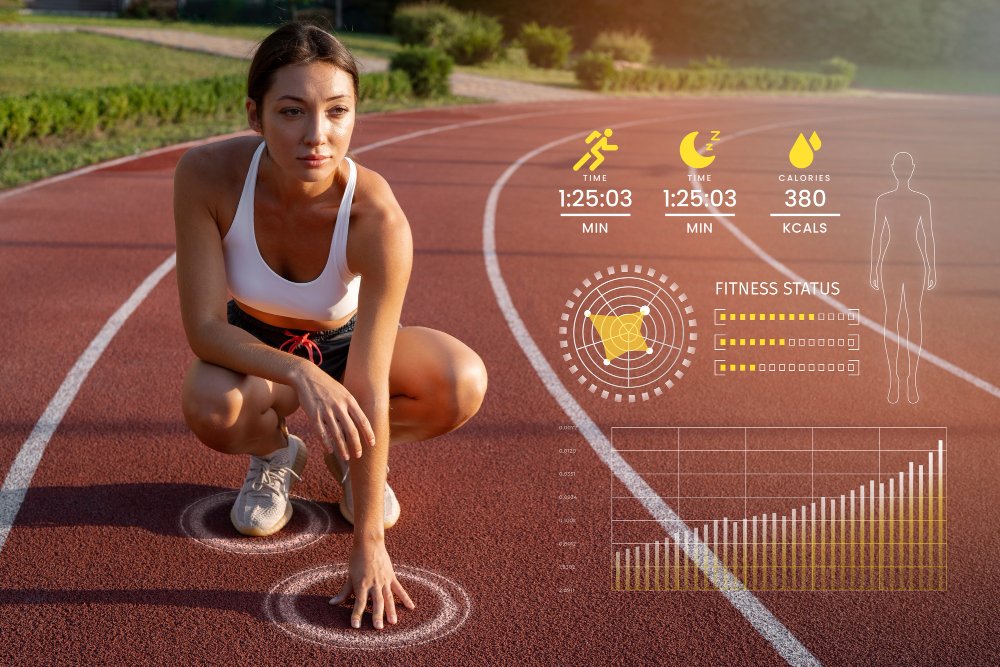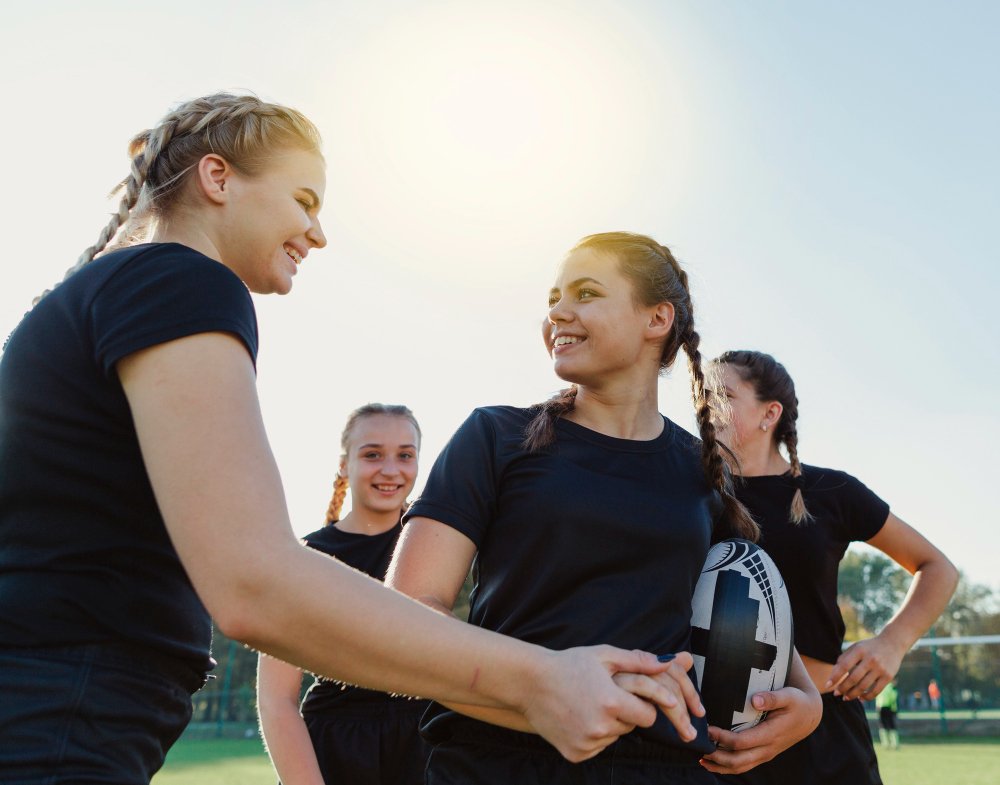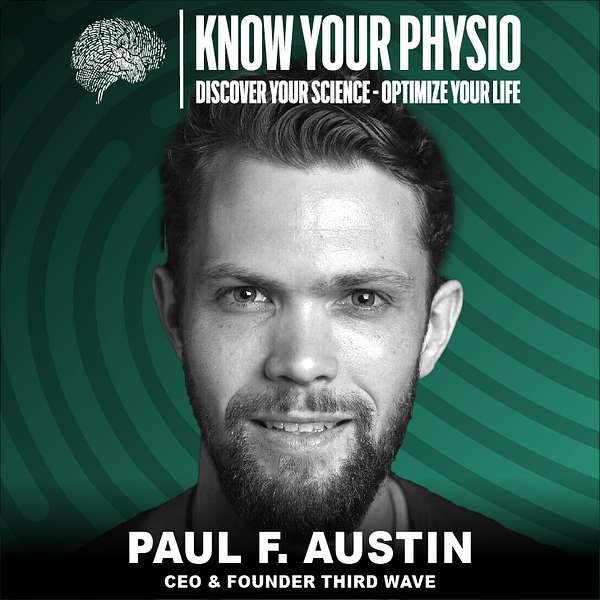
Sleep Optimization in Sports
Introduction: The Untapped Power of Sleep in Sports

In the quest for peak athletic performance, one crucial element often gets overlooked: sleep. Kristen Holmes, Vice President of Performance Science at WHOOP, offers groundbreaking insights into how sleep can be a game-changer for athletes. In this first part of our series, we delve into the symbiotic relationship between sleep and athletic prowess, underscoring the importance of sleep optimization in sports.
The Science Behind Sleep and Enhanced Performance
The connection between sleep and performance is more profound than commonly understood. Holmes explains that during sleep, the body undergoes repair and rejuvenation processes critical for physical and mental health. She breaks down the sleep stages – from light sleep to deep sleep and REM – each playing a unique role in recovery. Deep sleep, for instance, is crucial for physical recovery and muscle growth, while REM sleep significantly impacts cognitive functions and emotional health. For athletes, this translates to improved reaction times, better decision-making, and enhanced endurance.
Sleep Strategies for Maximizing Athletic Output

Holmes doesn’t just stop at explaining the science; she provides actionable strategies to optimize sleep for better performance:
- Consistent Sleep Schedule: Aligning your sleep schedule with your circadian rhythm enhances sleep quality. Consistency in sleep and wake times can significantly improve sleep efficiency.
- Sleep Environment Optimization: Factors like room temperature, lighting, and noise levels play a significant role. Holmes suggests maintaining a cool, dark, and quiet sleep environment.
- Pre-Sleep Routine: A relaxing pre-sleep routine can signal the body it’s time to wind down. This could include activities like reading, meditating, or light stretching.
- Tech and Sleep Tracking: Utilizing wearable technology like WHOOP can provide athletes with invaluable data on their sleep patterns, offering insights for improvement.
HRV and Menstrual Cycle Awareness in Sports
Introduction: Beyond Sleep – HRV and Menstrual Cycles in Athletic Performance

In the world of sports science, the focus is often on training routines and nutritional plans. However, Kristen Holmes brings to light two less-discussed but equally pivotal aspects of athletic performance: Heart Rate Variability (HRV) and the menstrual cycle’s impact on female athletes. This second part of our series dives into these crucial elements, exploring their roles in optimizing an athlete’s performance.
Unraveling the Mysteries of HRV in Sports

Heart Rate Variability, or HRV, is a key indicator of an athlete’s readiness and recovery. Holmes elucidates how HRV reflects the balance between the sympathetic (fight or flight) and parasympathetic (rest and digest) nervous systems. A higher HRV indicates a state of rest and recovery, suggesting that the athlete is ready for high-intensity training or competition. Holmes emphasizes the importance of tracking HRV to tailor training schedules, ensuring athletes are working at their optimal capacity without risking overtraining or injury.
Menstrual Cycle Awareness: A Game Changer for Female Athletes
Holmes passionately speaks about the need for greater awareness and understanding of the menstrual cycle’s impact on performance in women’s sports. Fluctuations in hormone levels throughout the cycle can significantly affect energy levels, mood, recovery rate, and even the risk of injury. She advocates for menstrual cycle tracking as part of an athlete’s routine, enabling personalized training and recovery plans that align with their physiological states.
Strategies for Harnessing HRV and Menstrual Cycle Data
To make the most of HRV and menstrual cycle insights, Holmes suggests:
- Regular HRV Monitoring: Using devices like WHOOP to track HRV daily can help athletes and coaches make informed decisions about training intensity and recovery needs.
- Individualized Training Plans for Women: Understanding the phases of the menstrual cycle allows for adjustments in training intensity and recovery strategies, catering to the body’s varying needs throughout the cycle.
- Education and Open Dialogue: Educating coaches and athletes about the menstrual cycle’s effects on performance can foster a more supportive environment for female athletes, leading to better performance and well-being.
Aligning Lifestyle with Circadian Rhythms and Nutrition for Peak Performance
Completing the Performance Puzzle

As we move into the final part of our series with Kristen Holmes, we focus on two more crucial elements in the realm of sports performance: aligning daily behaviors with circadian rhythms and the strategic timing of nutrition. These aspects, often overlooked, can significantly enhance an athlete’s training, recovery, and overall performance.
The Impact of Circadian Rhythms on Athletic Performance
Holmes emphasizes the importance of synchronizing an athlete’s lifestyle with their natural circadian rhythms. She explains how light exposure, sleep patterns, and even meal timings can align with these rhythms to optimize bodily functions. This alignment not only improves sleep quality but also boosts metabolic efficiency and hormonal balance, which are critical for peak performance.
Nutrition Timing: An Untapped Resource for Athletes
Moving beyond the circadian rhythms, Holmes delves into the realm of nutrition, particularly the timing of meals. She points out how late-night eating can disrupt sleep and recovery, while properly timed meals can enhance energy utilization and recovery processes. Holmes advocates for consuming the bulk of calories earlier in the day and aligning meal times with training schedules for optimal performance.
Exploring the Benefits of Exogenous Ketones
Additionally, Holmes touches upon the intriguing benefits of exogenous ketones for athletes. These supplements, she explains, can aid in enhancing sleep quality and accelerating recovery, offering a potential edge in training and competition.
Conclusion: A Holistic Approach to Athletic Excellence
Throughout this series, Kristen Holmes has illuminated various facets of sports science, from sleep optimization and HRV to the menstrual cycle and circadian rhythms. Her insights highlight the need for a holistic approach to athletic training and recovery, where data and personal physiology guide tailored strategies. As athletes and coaches embrace these principles, they unlock new levels of performance, resilience, and health. The journey to athletic excellence is complex, but with the right knowledge and tools, it’s a path that leads to remarkable achievements.
Key Points From This Episode
How to Optimize Sleep Efficiency While Traveling Across Time Zones? [00:13:58]
Why Understanding Menstrual Cycles is Important for Women? [00:24:18]
What Can Women Expect from the Woop Platform in Terms of Unique Physiology? [00:32:26]
How Can Data Help Achieve Deep Bodily Awareness and Intuition? [00:35:59]
Can Training on High HRV Days Lead to Better Performance? [00:41:51]
How to Modify HRV in the Moment to Reduce Stress? [00:44:08]
What Are Some Low-Hanging Fruit Behaviors to Reduce Chronic Stress? [00:47:24]
Why Reducing Stress is Important by Aligning Behaviors with Natural Circadian Rhythms? [00:52:38]
Why is Having an Earlier Meal Important for Better Sleep? [00:53:11]
What Benefits Do Exogenous Ketones Offer for Sleep and Recovery? [00:55:19]
Links Mentioned in Today’s Episode
People
- Kristen Holmes
- “Stacey Sims”
Books and References
- “The Science of Sleep”
- “Women’s Health and Physiology”
- “Circadian Rhythms”
- WHOOP




